Hemp tea is well-known for its potential heart and mind relaxing properties.
Many people who consume other hemp products or eat other hemp meals like a cup of hot hemp tea.
Given that hemp comes from the same plant as cannabis (“marijuana”), many people worry if drinking hemp tea is safe — or even legal.
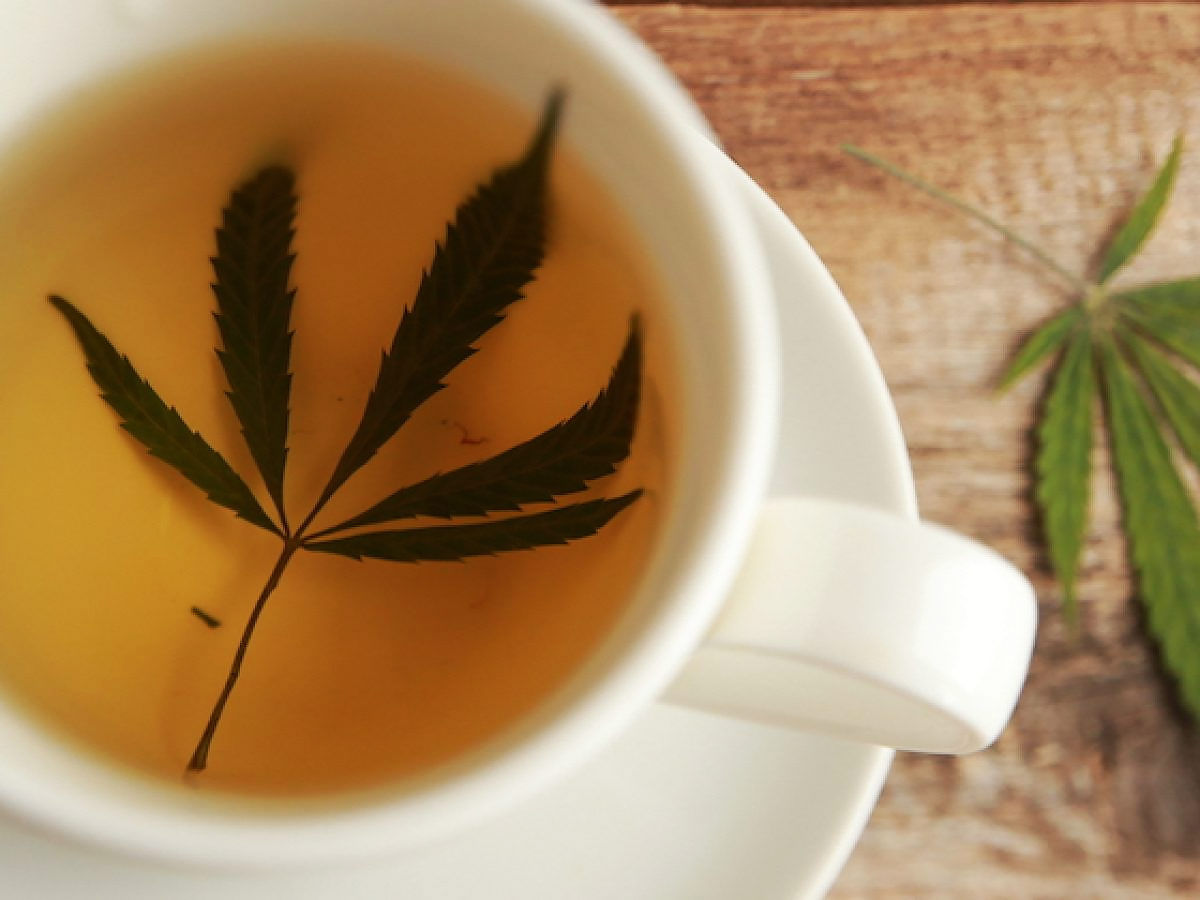
This article delves into what hemp tea is, as well as its uses, benefits, and drawbacks, as well as if psychoactive (high-inducing) components are a concern.
What exactly is hemp tea and how it is beneficial?
Different components of the Cannabis sativa plant are utilised to manufacture a variety of culinary and personal care items.
You may have eaten hemp seeds or used hemp-based soap in the past. Hemp can also be used to make hemp tea, which has a relaxing effect on many people.
Hemp tea is made the same way as any other herbal tea that e consume in our day-to-day life: dry hemp is soaked in hot water.
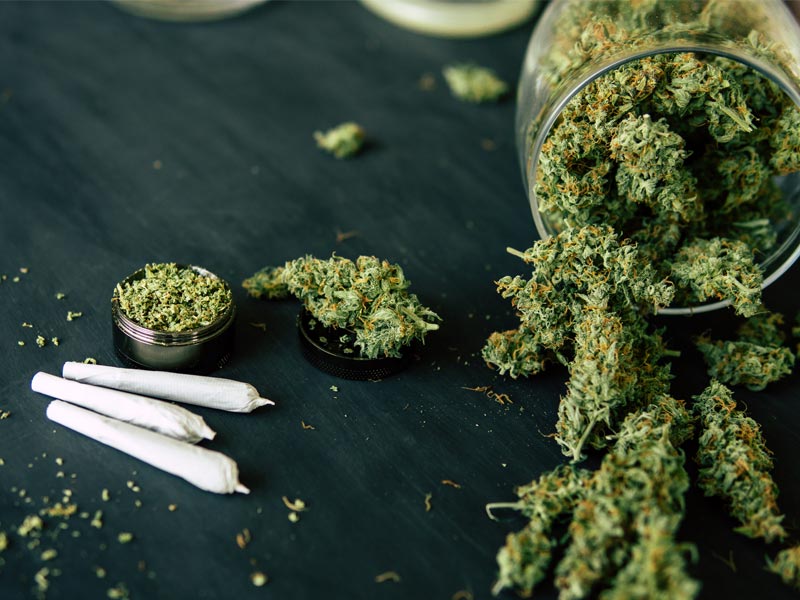
You can use either dried hemp leaves or flower buds, though some individuals also add seeds or even root pieces. To make a tasty drink, strain off the particles like you usually do with brown or green tea.
The resulting tea is described as having a little bitter or earthy flavor and a greenish-brown hue. Some people like to flavor or sweeten their hemp tea with things like lemon, honey, or sugar.
Is THC present in hemp tea?
One of the most often asked questions regarding hemp tea is if it contains tetrahydrocannabinol (THC) (THC).
THC is the psychoactive cannabinoid found in the Cannabis plant, which is the source of both hemp and marijuana. THC is the psychoactive ingredient in marijuana that gets people high.
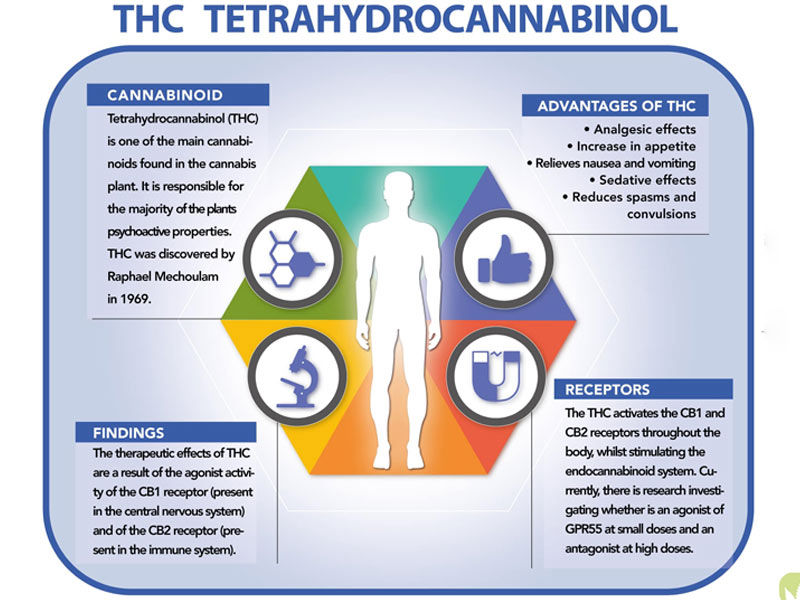
Hemp is sometimes confused with cannabis, but the two are not the same.
Cannabidiol (CBD) is a non-psychoactive cannabinoid found in hemp and cannabis that has been shown to reduce anxiety, relieve pain, and enhance certain heart health markers.
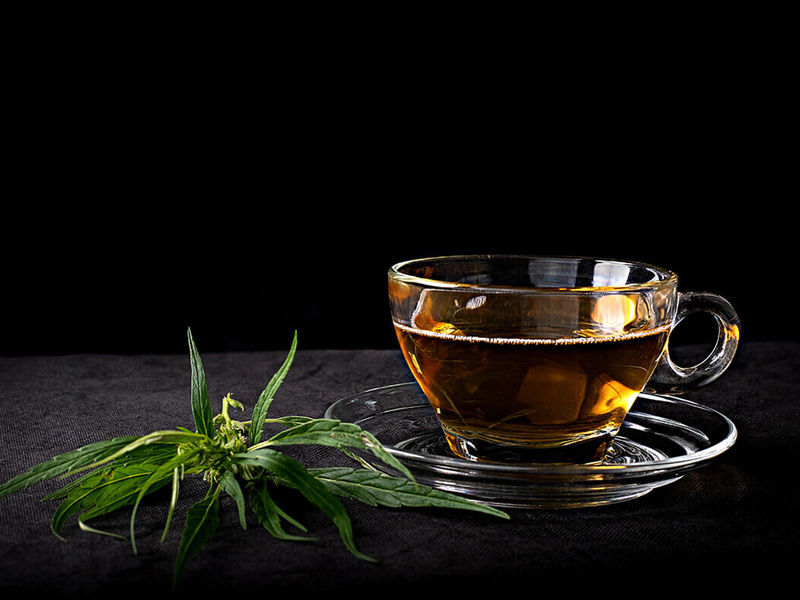
While hemp may contain tiny amounts of THC, cannabis has far higher levels. THC levels in hemp are insufficient to cause psychoactive effects or make you high. Hemp must have a THC content of less than 0.3 percent.
As a result, hemp is farmed for recreational and herbal healing reasons, such as in teas and other culinary and personal care products.
Hemp, and consequently hemp tea, are perfectly acceptable to consume as long as they contain trace quantities of THC —.03 percent or less.
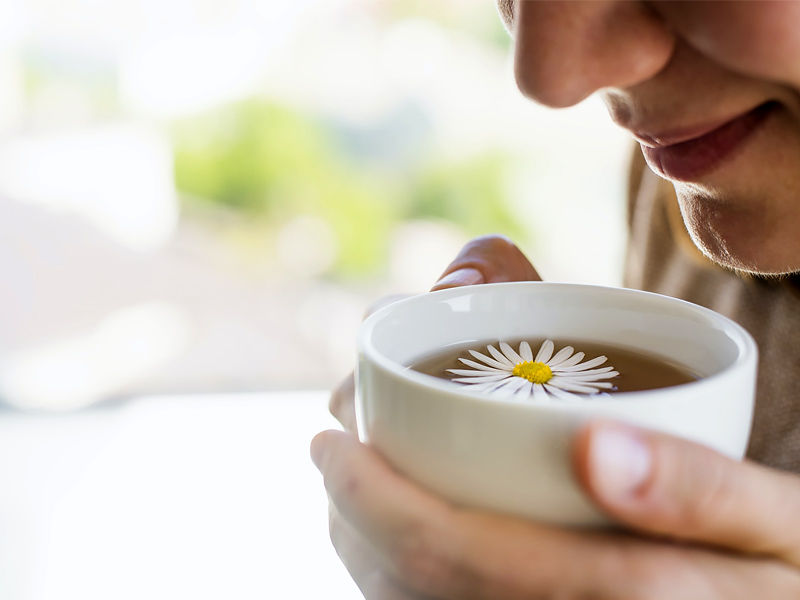
Hemp tea’s uses and potential health benefits Hemp tea is mostly used to help the mind and body relax. Its capacity to promote relaxation is attributed in great part to the presence of non-psychoactive CBD and other bioactive chemicals.
However, keep in mind that hemp tea is likely to contain far less CBD than the quantities studied in studies on CBD’s benefits. Hemp tea may not have powerful benefits on its own.
Also read: Lesser Known Benefits of Black Tea that will make you Drink it even more
The potential for hemp tea to have the following advantages has been investigated.
Hemp tea, unlike several other forms of tea, is caffeine-free. That means it won’t make you jittery or keep you awake at night like a caffeinated beverage might.
CBD may aid to promote sleep by calming the brain and inducing more peaceful sleep patterns. CBD has been reported to improve sleep quality in persons with neurological diseases including Parkinson’s disease, according to certain research.

CBD in hemp may aid in the reduction of anxiety symptoms. Participants in one trial were given 150 mg, 300 mg, or 600 mg of CBD before giving a public speech. When compared to the other doses and placebo, those who got the 300 mg dose saw the most substantial reduction in anxiety (a treatment that contained no CBD). However, most hemp tea contains far less CBD than the quantities tested in the study.
CBD may help with chronic pain relief: There is some evidence that CBD can aid with pain relief. CBD may, in some cases, help to reduce the need for medically prescribed opioids, according to some research.
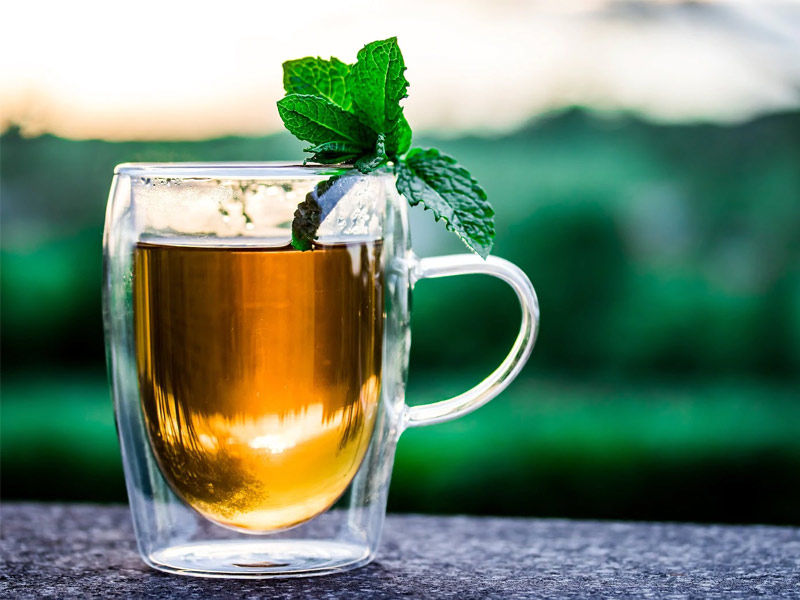
CBD and other components in hemp, such as terpenes, may help to lower blood pressure, which is a risk factor for heart disease. They may also have anti-inflammatory properties that are good for the heart.
Hemp tea is a caffeine-free method to get the advantages of CBD for particular goals including better sleep and pain treatment, as well as for general relaxation.
Potential drawbacks and side effects of hemp tea If you’ve never had hemp before, start cautiously and gradually increase your intake, as new foods might affect people differently.
Hemp and CBD are generally thought to be harmless, with few major negative effects. However, other studies have found that CBD users experience adverse effects such as diarrhea, fatigue, or inadvertent changes in appetite.
























